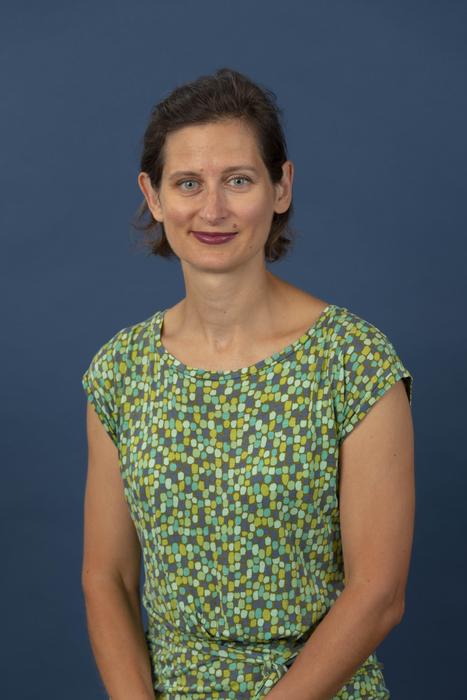Worcester, Mass. (Aug. 21, 2024) – Focusing on certain species of sharks, rays, and sea turtles, Worcester Polytechnic Institute (WPI) is leading a potentially groundbreaking project aimed at disrupting the illegal wildlife trade. The interdisciplinary effort combines expertise in computer science, biology, and social science to develop innovative tools for researchers and law enforcement.
Worcester, Mass. (Aug. 21, 2024) – Focusing on certain species of sharks, rays, and sea turtles, Worcester Polytechnic Institute (WPI) is leading a potentially groundbreaking project aimed at disrupting the illegal wildlife trade. The interdisciplinary effort combines expertise in computer science, biology, and social science to develop innovative tools for researchers and law enforcement.
WPI will partner with researchers from Florida International University and the University of Maryland on the four-year, $2 million grant. It is one of 10 projects funded by the Partnership to Advance Conservation Science and Practice (PACSP) program, a first-of-its-kind collaboration between the National Science Foundation and the Paul G. Allen Family Foundation, a philanthropic organization founded by the late Paul G. Allen (co-founder of Microsoft) that, among other endeavors, supports the use of science and technology to protect wildlife. Now in its second year, the program is designed to promote deep collaboration between researchers advancing basic science and conservation partners engaging in on-the-ground conservation.
For Kyumin Lee, professor of computer science, and Renata Konrad, a professor in The Business School at WPI, the new grant represents an evolution of work they started in 2020 to use a mix of artificial intelligence, physical tools, and supply chain, financial, and social media data to deter illegal wildlife trade.
Driven by demand for exotic pets, traditional medicines, and luxury goods, the multi-billion-dollar illegal wildlife trade poses a severe threat to biodiversity and the survival of numerous species. Law enforcement agencies around the world face significant challenges in identifying and intercepting illegal wildlife products, particularly when only fragments of animals, such as fins or shells, are involved, Lee said.
“Without the right tools, it’s nearly impossible to determine if a species is protected or not,” Lee said. “This project hopes to change that.”
Using a method called high-resolution melting, the team is developing an inexpensive test kit, similar to commercially available COVID-19 tests, that can quickly and accurately feed unique molecular markers into an artificial intelligence-powered database of 20,000 samples from 185 protected species.
The kit is projected to cost just under $1, and it will produce results in under three hours, making it an effective tool that could be used in ports and airports around the globe, Lee said. Officials could determine on the spot if they were dealing with illegally trafficked wildlife.
Beyond the physical identification of wildlife products, the project will set up an online infrastructure to analyze social networks where illegal wildlife trade is often discussed. By tracking keywords, using machine learning to detect when illegal wildlife trade is being discussed, and employing data analytics and rapidly evolving large-language artificial intelligence models, end users will get a look at both real-time results and long-term trends.
Lee said the datasets the team creates will be integrated into one open-source repository available to researchers and law enforcement. Right now, information is scattered. Lee said the team’s work will identify the most critical nodes in trafficking networks—such as key buyers, sellers, or transport routes—that should be targeted to disrupt the trade most effectively.
Both Lee and Konrad have previously focused their research on malicious human activity. Lee has used machine learning and predictive modeling to build algorithms to detect fake product reviews and disinformation online. Konrad, an expert on supply chains, has explored how data analytical tools could be used to disrupt the supply chains that sustain human trafficking.





